Proteomic analysis reveals sex-specific biomarker signature in postural orthostatic tachycardia syndrome, BMC Cardiovascular Disorders
4.8 (546) In stock
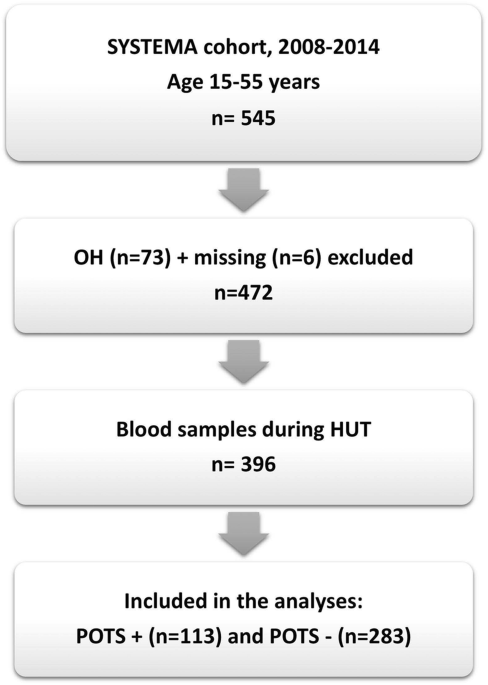
Background Postural orthostatic tachycardia syndrome (POTS) is a variant of cardiovascular (CV) autonomic disorder of unknown etiology characterized by an excessive heart rate increase on standing and orthostatic intolerance. In this study we sought to identify novel CV biomarkers potentially implicated in POTS pathophysiology. Methods We conducted a nested case-control study within the Syncope Study of Unselected Population in Malmö (SYSTEMA) cohort including 396 patients (age range, 15–50 years) with either POTS (n = 113) or normal hemodynamic response during passive head-up-tilt test (n = 283). We used a targeted approach to explore changes in cardiovascular proteomics associated with POTS through a sequential two-stage process including supervised principal component analysis and univariate ANOVA with Bonferroni correction. Results POTS patients were younger (26 vs. 31 years; p < 0.001) and had lower BMI than controls. The discovery algorithm identified growth hormone (GH) and myoglobin (MB) as the most specific biomarker fingerprint for POTS. Plasma level of GH was higher (9.37 vs 8.37 of normalised protein expression units (NPX); p = 0.002), whereas MB was lower (4.86 vs 5.14 NPX; p = 0.002) in POTS compared with controls. In multivariate regression analysis, adjusted for age and BMI, and stratified by sex, lower MB level in men and higher GH level in women remained independently associated with POTS. Conclusions Cardiovascular proteomics analysis revealed sex-specific biomarker signature in POTS featured by higher plasma level of GH in women and lower plasma level of MB in men. These findings point to sex-specific immune-neuroendocrine dysregulation and deconditioning as potentially key pathophysiological traits underlying POTS.

Selected Abstracts from the 13th Annual Meeting of the Clinical Immunology Society: 2022 Annual Meeting: Immune Deficiency and Dysregulation North American Conference

1-L Transcription in Parkinson's Disease

Ultrarare Variants in DNA Damage Repair Genes in Pediatric Acute-Onset Neuropsychiatric Syndrome or Acute Behavioral Regression in Neurodevelopmental Disorders

Postural orthostatic tachycardia syndrome: clinical presentation, aetiology and management - Fedorowski - 2019 - Journal of Internal Medicine - Wiley Online Library
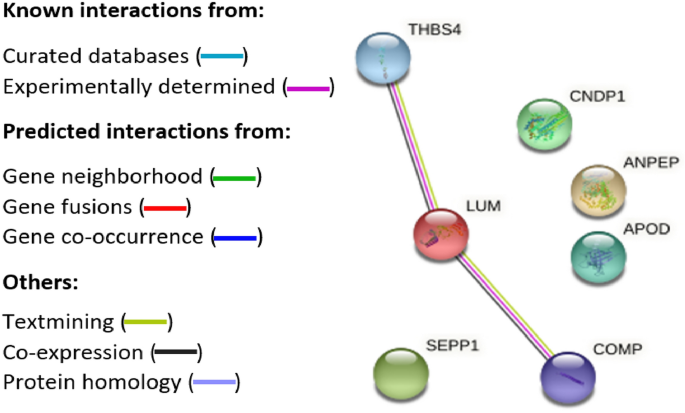
Plasma proteomic profiling in postural orthostatic tachycardia syndrome ( POTS) reveals new disease pathways

Proteomic analysis of cardiometabolic biomarkers and predictive modeling of severe outcomes in patients hospitalized with COVID-19, Cardiovascular Diabetology

Circulating levels of growth hormone in postural orthostatic tachycardia syndrome

1-L Transcription in Parkinson's Disease
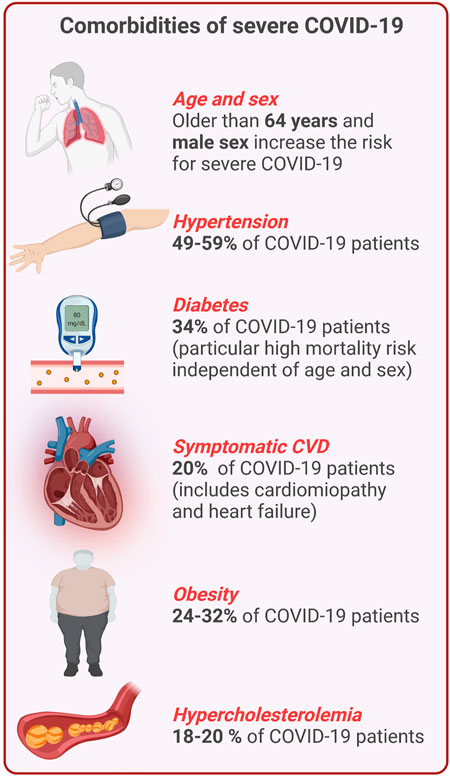
Frontiers COVID-19 and the Vasculature: Current Aspects and Long-Term Consequences
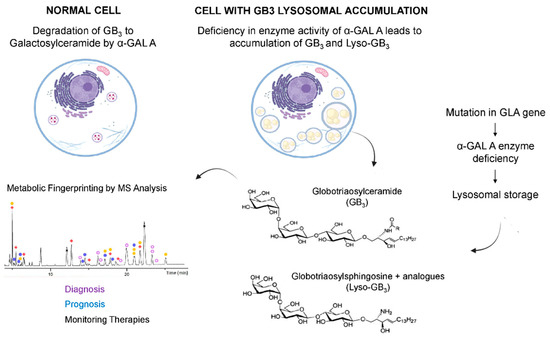
Metabolites, Free Full-Text

Decreased upright cerebral blood flow and cerebral autoregulation in normocapnic postural tachycardia syndrome

ENDOCRINOLOGY AND HEART by antonio machuca - Issuu
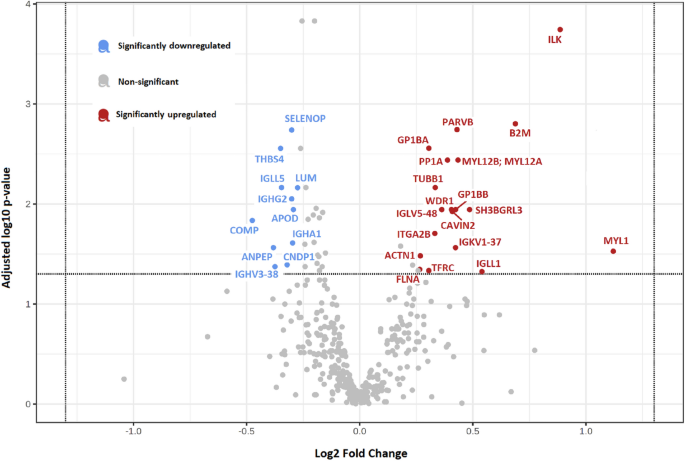
Plasma proteomic profiling in postural orthostatic tachycardia syndrome ( POTS) reveals new disease pathways

Increased circulating fibronectin, depletion of natural IgM and heightened EBV, HSV-1 reactivation in ME/CFS and long COVID

Increased circulating fibronectin, depletion of natural IgM and heightened EBV, HSV-1 reactivation in ME/CFS and long COVID
Living with Postural Orthostatic Tachycardia Syndrome (POTS) - BioDesign Wellness Center
Managing POTS Through Exercise NormaLyte Oral Rehydration Salt
PDF] Postural Orthostatic Tachycardia Syndrome (POTS) – A novel member of the autoimmune family
- Land-Law (Sarah Nield) - 0001
- PUMIEY Women's Square Neck Cap … curated on LTK
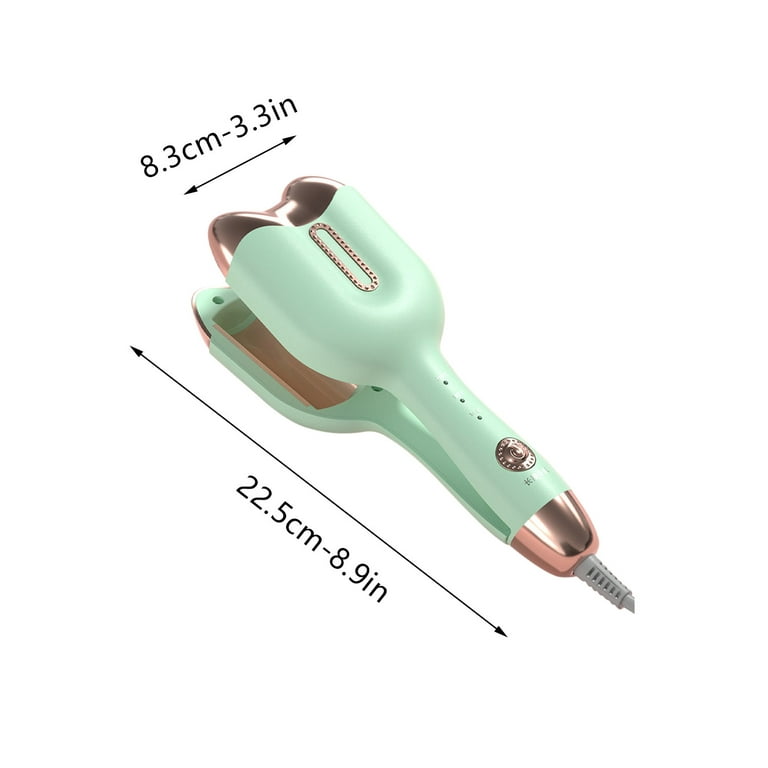 VerPetridure Clearance Lazy People Easy Barrel Curling Iron Double Tourmalins Ceramic Fevering Barrels Crimp Tool Hair Wave Third Gear Temperature Regulation
VerPetridure Clearance Lazy People Easy Barrel Curling Iron Double Tourmalins Ceramic Fevering Barrels Crimp Tool Hair Wave Third Gear Temperature Regulation- Women's Bras & Sports Bras
- The 13 Irish Wedding Traditions You Should Know
 Figleaves Pimlico Leopard Balcony Bra
Figleaves Pimlico Leopard Balcony Bra


